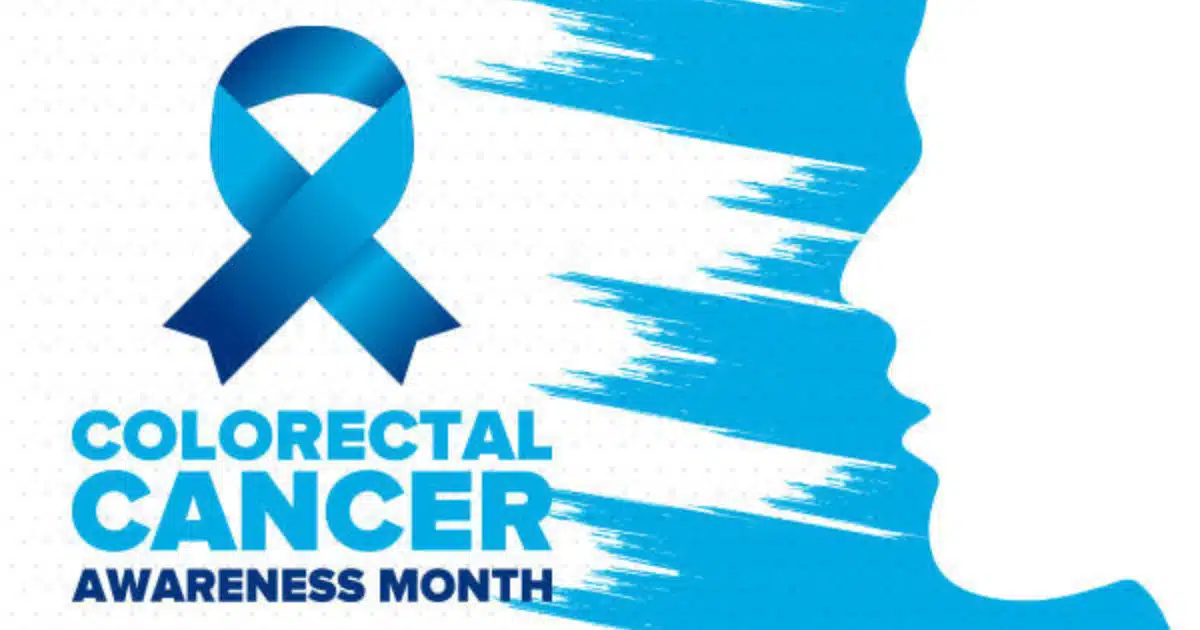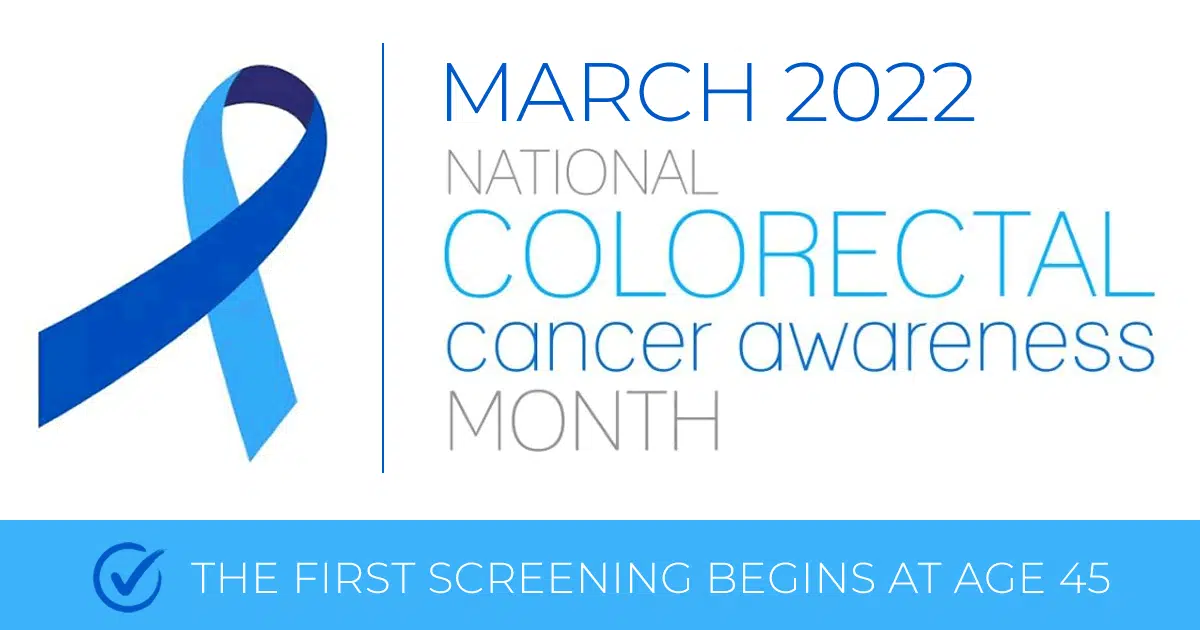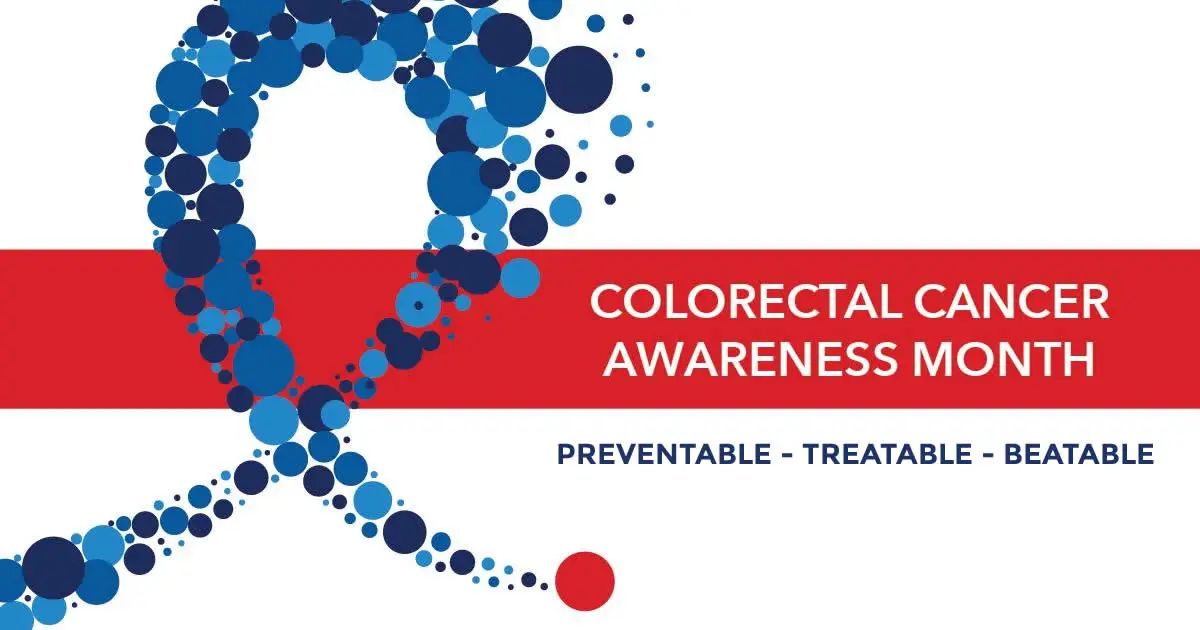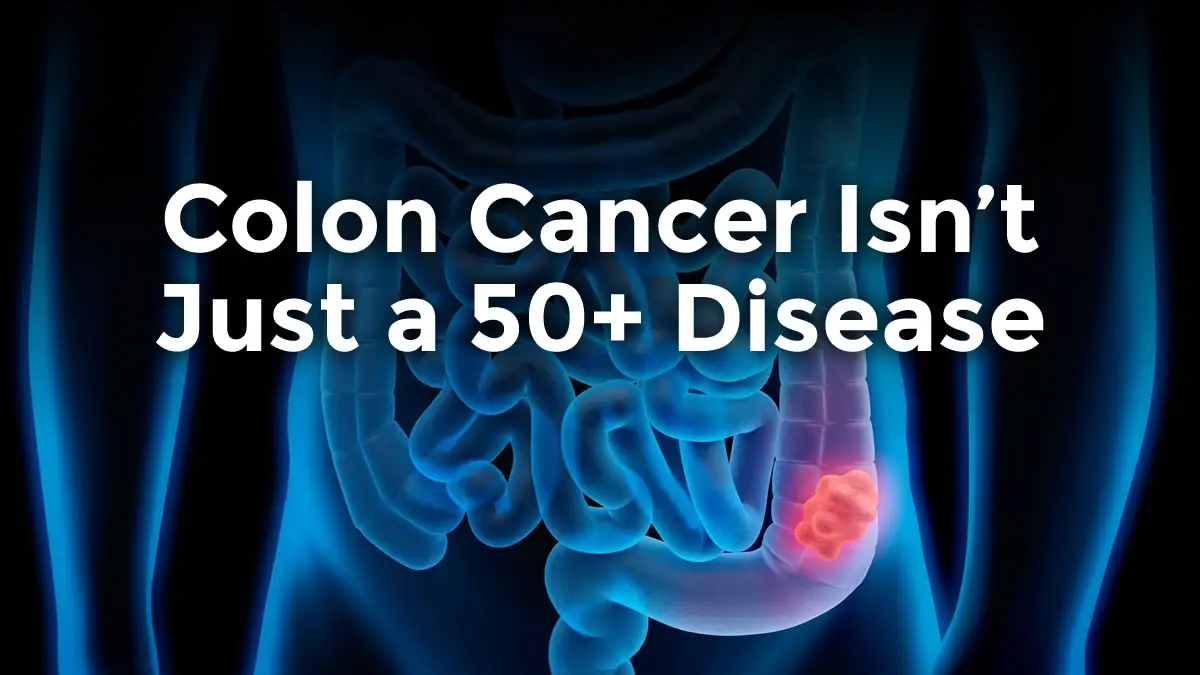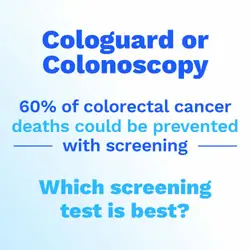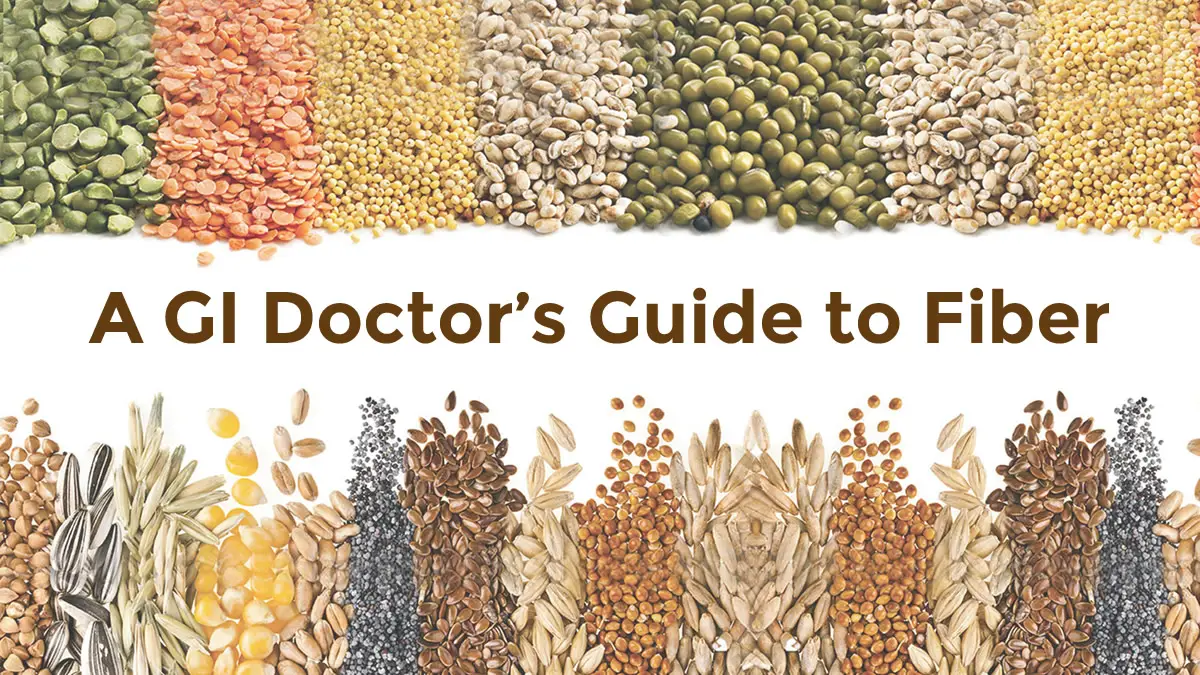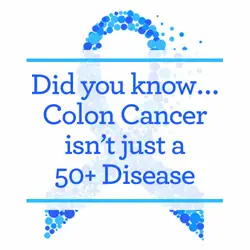About Matthew Eidem, MD
Matthew Eidem, MD is a gastroenterologist in Plano, TX practicing since 2007. He is a member of the Digestive Health Associates of Texas (DHAT) medical group and serves on the executive committee for DHAT. He has a special focus on colon cancer awareness along with IBS symptoms and treatment options. Dr. Eidem received his medical degree from the University of Minnesota Medical School in 2000 and completed his Fellowship in Gastroenterology & Hepatology at the University of Texas Health Science Center in 2007. Distinguished honors include Best Doctor in Dallas award, Patient's Choice Award, Chief Resident and Intern of the Year at UT Health Science Center. His gastroenterology clinic is located at 3242 Preston Road, Suite 200, Plano, TX 75093.

